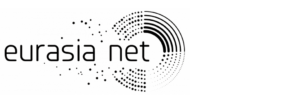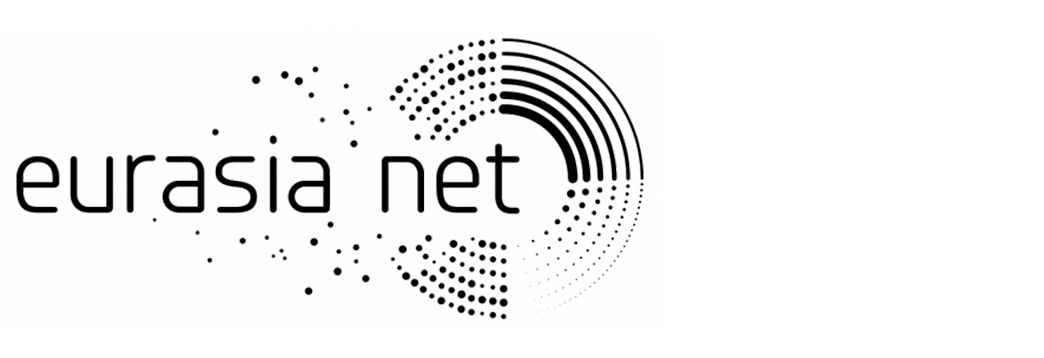Summary of the project “Professionalising youth workers on gender minority issues”.
Context
We are coordinating the project in partnership with the Institut de Recherche du Travail Social (IRTS) in Marseille and the Greek association Youth Center of Epirus based in Ioannina.
The project is based on the observation that issues relating to gender identity are increasingly present in public debate. More and more of the young people we work with are affected by these issues, and come to us with questions, social problems, health issues, risks of marginalisation or discrimination linked to gender and sexual orientation.
This project is also in line with current events in Greece, where on 16 February 2024 the country voted in favour of same-sex marriage and the adoption of children by same-sex couples, sparking huge protests.
But at the same time, whether in the French or Greek context, youth workers and social workers (those in contact with these young people) seem to be at a loss when it comes to these issues and the need to adapt their professional practices. The many different forms that gender identity can take, the lack of information and training, a taboo subject that is still difficult to grasp in terms of the vocabulary used, the way in which it is addressed and the identification of available resources (which are often still scarce depending on the geographical location or the organisation where these players work), and a lack of knowledge about the rights of LGBT+ people all contribute to making it difficult to support young people affected by these issues.
The project aims to respond to these needs by enabling French and Greek participants, professionals or future professionals in the youth and social sector, to meet and discuss this issue.
Objectives
– to increase participants’ knowledge of the legal and sociological contexts in France and Greece, which constitute resources or obstacles to support for young LGBT+ people;
– to train participants (equip them with tools, strengthen their skills and knowledge) in supporting young people with specific characteristics linked to gender and/or sexual identity issues through exchanges of practice and experience.
Ultimately, this project will help to prevent situations of exclusion, insecurity and marginalisation for the young people concerned.
Activities
The activity will take the form of a study visit hosted in Greece by our partner, the Youth Centre of Epirus. The project will enable 10 French participants and facilitators and 7 Greek participants and facilitators, members of our two partner organisations active in the youth and social fields, to meet and exchange ideas. It will take place over 6 days in Ioannina, where we will be able to meet different players, different environments and local contexts.
This activity will bring together participants who are directly motivated by this issue and who will be confronted with other cultural, sociological and even political realities, so that they can better understand and question their own professional realities.
Beneficiaries and impact
Direct beneficiaries:
The group of around 17 participants, youth and social actors, in the project: 10 French participants and 7 Greek participants, as well as the partner organisations where the actors work.
Indirect beneficiaries:
Indirectly, we are targeting young people affected by issues of gender identity and sexual orientation, through the youth and social workers we will be supporting in this project.
We expect this project to enable youth workers and their organisations to acquire a better understanding of the specificities and situations experienced by young LGBT+ people in all their complexity, to learn, familiarise and master the specific and technical vocabulary and ways of addressing these young people, and to encourage the exchange of experience, to learn, familiarise and master the specific and technical vocabulary and ways of addressing these young people, to promote the exchange of experience, good practice and tools between players on a European scale, to acquire practices and methods that are more inclusive of young LGBT+ people and thus increase their skills, to raise awareness and disseminate what they have learned within their organisation and professional environment, to help develop resources so that youth and social players can deal with the problems raised by young LGBT+ people.
This will help to develop thinking and working methods in the youth and social field, and thus strengthen the inclusion of LGBT+ young people in general.


